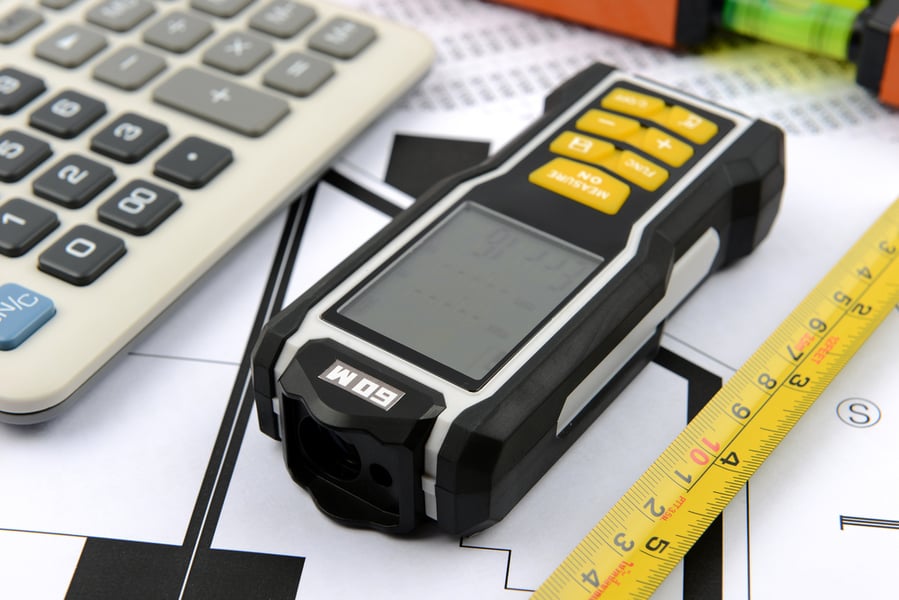Businesses sending employees into customers' homes must undertake a risk assessment addressing the risks of COVID-19, which must then be shared and displayed publicly.

As part of the approach to easing some of the lockdown restrictions currently in place, the government has released guidance specifically focusing on those working in others' homes, including surveyors.
The guidance outlines that no work should be carried out in a household which is isolating due to members having developed symptoms of COVID-19, or where an individual has been advised to shield.
Surveyors should also avoid entering homes if it is at all possible that work can be done without doing so.
Businesses sending employees into customers' homes must undertake a risk assessment addressing the risks of COVID-19, which must then be shared and displayed publicly.
Those needing to work in others' houses have been advised to follow the existing instructions to wash their hands more often, cover their mouths when they cough or sneeze, clean regularly touched objects and maintain social distance.
They must also communicate with households prior to any visit to discuss how work will be carried out and minimise risk for all parties.
Individuals entering others' homes must ask that all internal doors are left open, minimise movement within busy areas of the household, bring their own food or drink, and limit the number of workers within a confined space.
Joe Arnold, managing director at Arnold & Baldwin Chartered Surveyors, said: “The official government guidance for working safely in other people’s homes during COVID-19 is a detailed document that specifically references surveyors and effectively opens the door for the safe resumption of physical property inspections.
"This is excellent news for the property market, as it means that we are effectively back in business.
"It does state however, digital inspections are to be undertaken where possible and physical inspections should be avoided.
“At Arnold & Baldwin, we believe the best way to truly understand the condition and value of a property is with a physical inspection and our surveyors are prepared with the right guidance and equipment to begin visiting properties again.
"We also recognise, however, that remote valuations are going to be an integral part of the market for quite some time and so we have introduced a menu of options for lenders that addresses some of the limitations of remotely valuing a property, including ways of mitigating the risk on more unusual properties and addressing the restrictive parameters of some funding arrangements, which do not traditionally permit remote valuations.
"We will be publishing more details on these in the coming days and so able to offer a complete range of valuation solutions to help the market recover and get back onto the front foot.”



